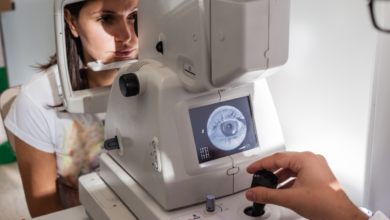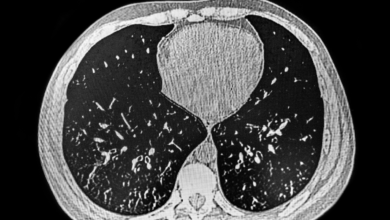Motor Impairment

What is Motor Impairment ?
Motor impairment refers to a limitation or loss of motor function, which involves the ability to move and control muscles. It can affect various parts of the body, including the limbs, trunk, and face.
what are the symptoms of Motor Impairment?
Symptoms of Motor Impairment:
- Weakness: Difficulty moving muscles or performing tasks that require strength.
- Spasticity: Increased muscle tone, leading to stiffness or tightness.
- Tremors: Involuntary shaking or trembling of the body parts.
- Paralysis: Complete or partial loss of muscle function.
- Difficulty with coordination: Problems with balance, walking, or fine motor skills.
- Changes in posture: Abnormal posture or alignment.
who can suffer from Motor Impairment?
Motor impairment can affect people of all ages, but it is more common in individuals with certain conditions or injuries. These include:
- Neurological diseases: Stroke, multiple sclerosis, Parkinson’s disease, cerebral palsy.
- Muscular disorders: Muscular dystrophy, polio, spinal muscular atrophy.
- Traumatic injuries: Spinal cord injuries, traumatic brain injuries.
- Congenital conditions: Birth defects affecting the nervous system or muscles.
What are the types of Motor Impairment?
Types of Motor Impairment:
- Spasticity: Increased muscle tone, leading to stiffness and difficulty with movement.
- Flaccidity: Decreased muscle tone, resulting in weakness and difficulty maintaining posture.
- Ataxia: Poor coordination and balance, often affecting movements like walking and reaching.
- Tremors: Involuntary shaking or trembling of the body parts.
- Dystonia: Abnormal muscle contractions, causing twisting or repetitive movements.
Which diagnostic tests are available for Motor Impairment ?
Diagnostic Tests for Motor Impairment:
- Physical examination: A doctor will assess muscle strength, reflexes, coordination, and range of motion.
- Neurological examination: Tests to evaluate cognitive function, sensory perception, and cranial nerve function.
- Electrophysiological tests: Nerve conduction studies and electromyography to assess nerve and muscle function.
- Imaging studies: MRI or CT scans to identify structural abnormalities in the brain or spinal cord.
- Blood tests: To rule out underlying medical conditions.
What is the treatment of Motor Impairment?
Treatment of Motor Impairment:
The treatment for motor impairment depends on the underlying cause and the specific symptoms. It may include:
- Physical therapy: Exercises to improve muscle strength, flexibility, and coordination.
- Occupational therapy: Activities to help with daily living skills and independence.
- Speech therapy: For individuals with speech or swallowing difficulties.
- Medications: To manage symptoms, such as spasticity or tremors.
- Assistive devices: Braces, wheelchairs, or other aids to support mobility.
- Surgery: In some cases, surgery may be necessary to correct underlying conditions or improve function.
Which diet I should take, if any ?
Diet for Motor Impairment:
While there is no specific diet for motor impairment, maintaining a healthy diet can support overall health and well-being. A balanced diet with plenty of fruits, vegetables, whole grains, and lean protein can provide essential nutrients for muscle health and energy.
Which speciality of the doctor will treat Motor Impairment?
- Neurologist
Is Motor Impairment completely curable ?
The curability of motor impairment depends on the underlying cause. Some conditions, such as traumatic injuries, may be partially or fully reversible with appropriate treatment. However, other conditions, such as degenerative diseases, may be progressive and have no cure. The goal of treatment is often to manage symptoms, improve quality of life, and maintain independen





